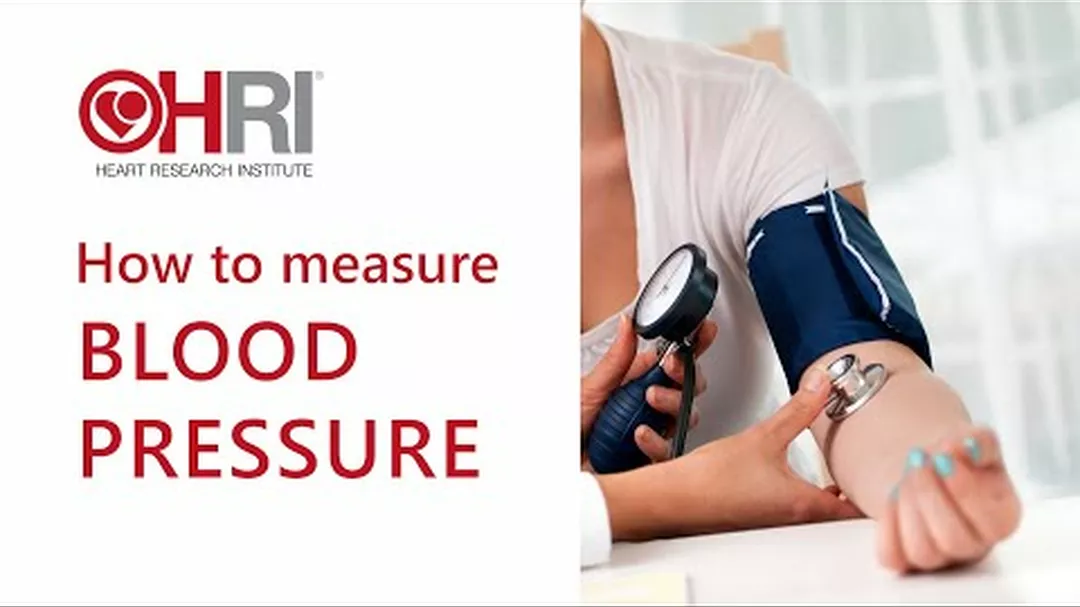What is a Heart Health Check?
Cardiovascular disease is Australia’s biggest killer.
One Australian has a heart attack or stroke every four minutes.1,2
As we get older, our risk of heart conditions and heart disease increases. Some risk factors for heart disease may also be silently increasing in the background, such as high blood pressure and high cholesterol.
Understanding the importance of regular Heart Health Checks
Having a regular Heart Health Check with your GP will help you better understand your risk of a heart attack or stroke.
Then, more importantly, your GP and nurse can support you to lower this risk.
Put simply, a Heart Health Check could save your life.
What happens during a Heart Health Check?
A Heart Health Check is a 20-minute check-up with your doctor to assess your risk of having a heart attack or stroke.
Your doctor will conduct a physical exam which includes a blood pressure reading, as well as chat with you about your lifestyle and medical and family history.
The different types of heart health screening tests available
Your GP will measure three key risk factors for heart disease, including your blood pressure, total cholesterol, and blood sugar levels
What tests might I need to check if I have heart disease?
If your doctor suspects you may have heart disease, they may also arrange further tests, such as the following.
- Echocardiogram: This gives a picture of the structure of your heart, including the heart’s walls, chambers and valves.
- Stress tests: These show how hard your heart works during exercise.
- Angiogram: This shows whether blood flow to and from the heart is reduced or blocked.
Your doctor will check your blood pressure during the Heart Health Check.
The role of lifestyle choices in maintaining a healthy heart
Lifestyle factors such as diet
and physical activity levels are important to keep an eye on, as these can have a huge impact on heart health but can also potentially be improved.
During the check-up you may be asked about:
- Your diet
- Physical activity levels
- If you smoke or drink alcohol
- Whether you are maintaining a healthy weight
- Your medical and family history.
Gathering this information will help your doctor assess your risk of having a heart attack or stroke in the next five years.
They can then determine a plan of action if necessary or refer you to another healthcare professional or program for further support.
Some people at high risk may need to take medication and make lifestyle changes to lower their risk.
When should you start getting Heart Health Checks, and how often?
A Heart Health Check is recommended for all Australians aged 45 and over, and for Aboriginal and Torres Strait Islander patients aged 30 and over.
Heart Health Checks are not a one-off. Having regular checks will help you keep on top of your risk of heart disease and help with early identification of any issues or changes you can make to decrease your risk.
Schedule a Heart Health Check for free
Since 2019, these checks are covered by Medicare and are free at practices that bulk bill this service.
As part of the 2023–24 Budget, the Albanese Government extended the Medicare rebate for heart health assessments until 30 June 2025.
“About 2.5 million Australians have a high chance of suffering a heart attack or stroke in the next five years, and many don’t know it,” said Minister for Health Mark Butler.
“Talking to your GP about your heart health saves lives, helping to prevent or catch heart disease early so that patients and doctors can take action to reduce the risk before it’s too late.”
Tips for reducing anxiety during your Heart Health Check
Some people have an underlying fear when undergoing medical check-ups, but there are some steps you can take to help mitigate your anxiety.
Take a friend or family member with you to help provide comfort and distraction if needed.
You can also try some relaxation techniques such as deep breathing or mindfulness meditation before and during the appointment if you’re feeling stressed.
Above all, be honest about your anxiety and how you’re feeling with the doctor. This honesty can help break the tension and promote a better relationship.
References
1. Media Release from Health Minister Mark Butler: ‘Protecting Australians Against Heart Disease’
2. Australian Institute of Health and Welfare: Heart, Stroke and Vascular Disease: Australian Facts



